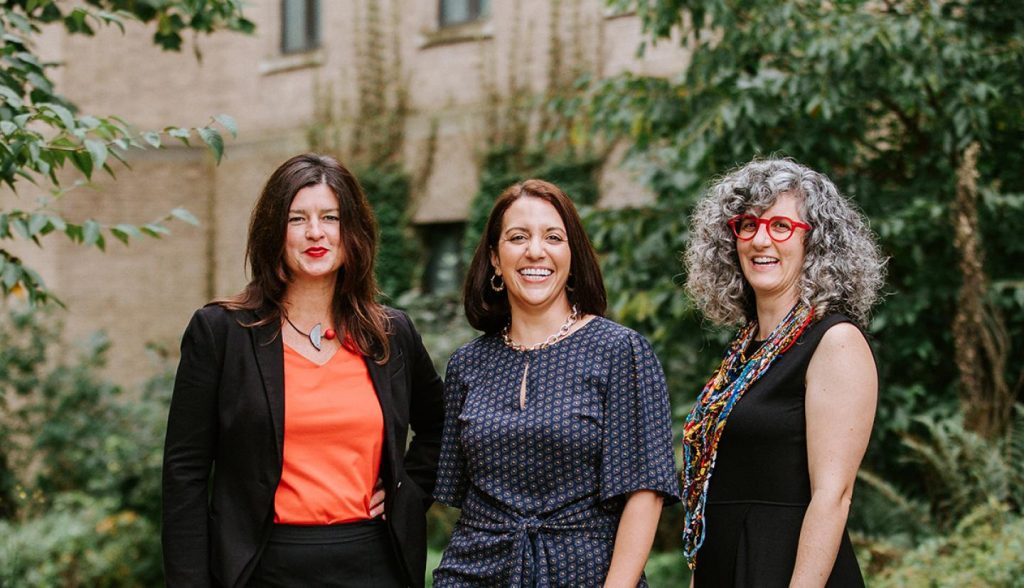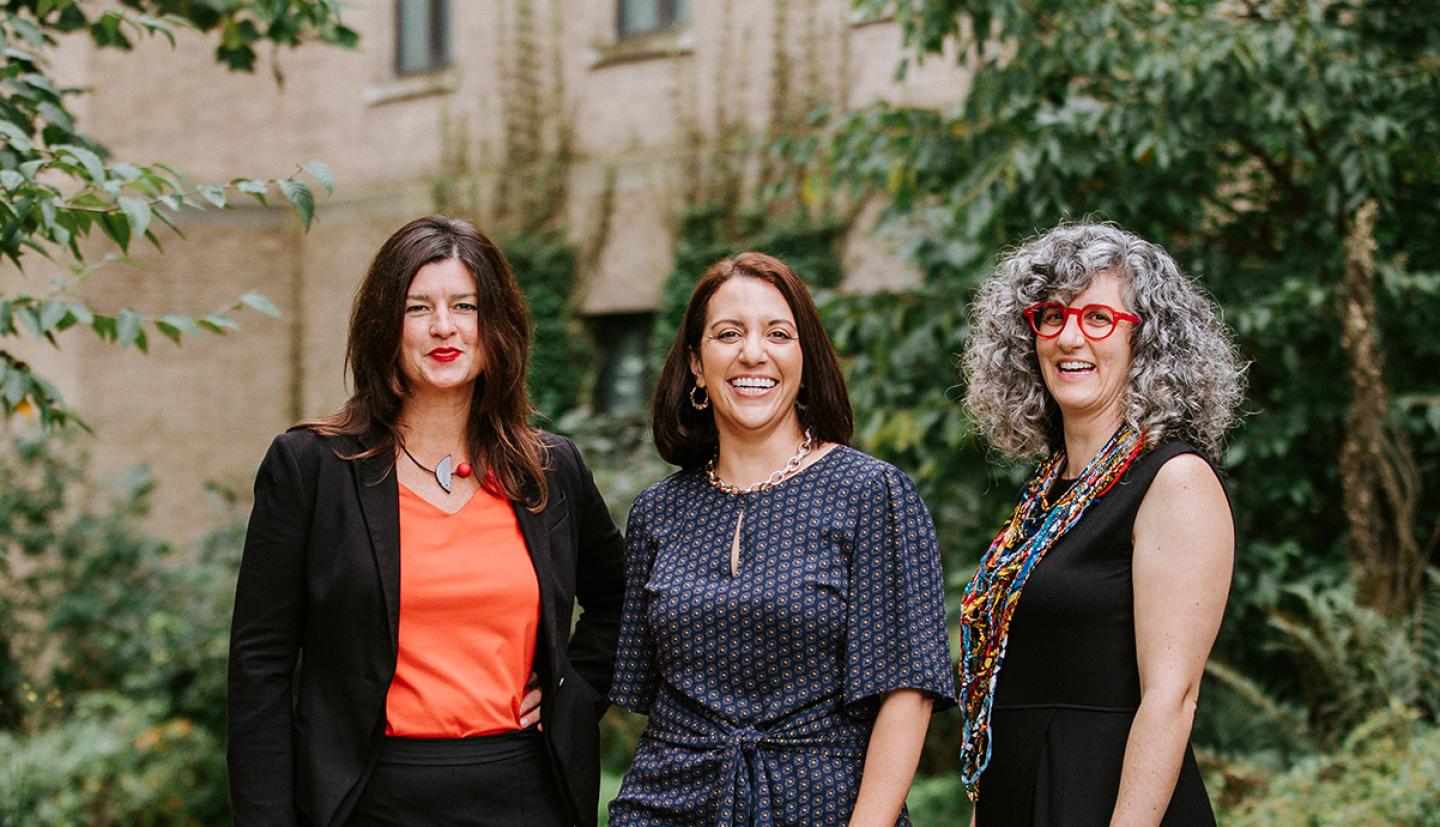USaid programme to bring genetically engineered aubergine to Bangladesh and the Philippines
- Organics/Sustainability
- Produce
- Aubergine
- Ratatouille
- Asia
- Bangladesh
- Philippines
- Cornell University
- USaid
- Feed the Future programme
- Agriculture
- Environment
- Food
- New varieties
- Responsible
- Vegetables
A new USaid project will introduce new genetically engineered aubergine varieties to Bangladesh and the Philippines. The Feed the Future Insect-Resistant Eggplant Partnership will be led by Cornell University, New York and funded by a five-year, US$10m grant provided by USaid’s Feed the Future programme.
The new varieties are pest-resistant, can reduce or eliminate the need for pesticides and will be introduced with the aim of enhancing food and nutritional security and protecting the health of growers and the environment.
Scientists in Bangladesh and the Philippines will also be empowered to develop new varieties of eggplant while engaging with policymakers on clear regulatory pathways for their release.
Research professor of global development of Cornell University and project director Maricelis Acevedo said one of the main goals was to help increase food security in Bangladesh and the Philippines. “Crop pests and pathogens are a threat to food security and the environmental sustainability of food systems globally,” said Acevedo.




